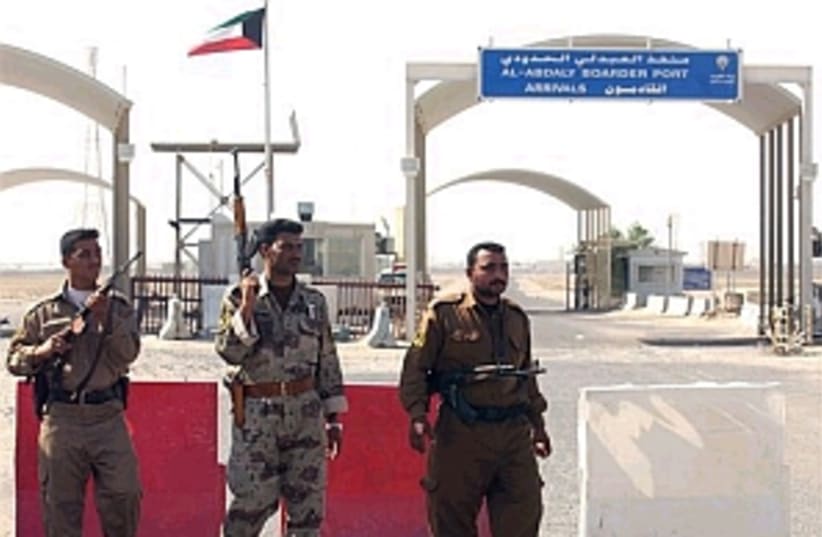| More about: | Saddam Hussein, Iraq, Jalal Talabani, Iraqi Army |
Iraq: Insurgents blast polling stations during referendum
Country sealed off as leaders Talabani and al-Jafaari make an early showing for historical balloting.


| More about: | Saddam Hussein, Iraq, Jalal Talabani, Iraqi Army |